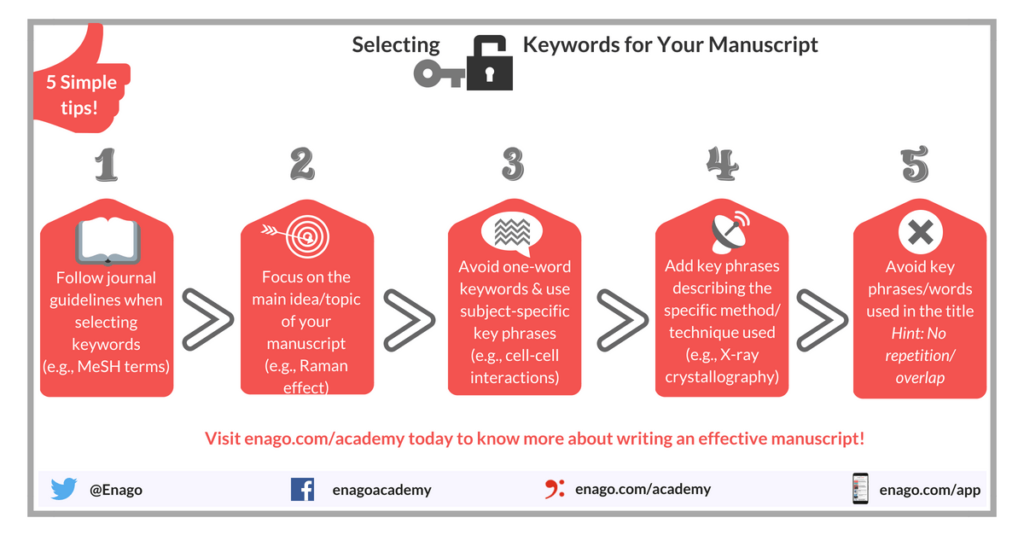
Table of Contents
- What is SEO Keyword Research?
- How to Conduct Keyword Research
- How to Find Keywords For Your Website
- Key Takeaways
- Conclusion
- FAQs
Amidst a myriad of websites looking to attract the same users, how do you ensure yours will stand out? Search engines like Google receive about 63,000 queries every second. This further incites the competition to show up on the first page. In such a scenario, the only way to get organic traffic to your website is by knowing what people are searching for. That’s basically what keyword research entails. The right keywords can work wonders for your SEO efforts.
Next, we will discuss what SEO keyword research comprises and how to find keywords for a website. We will also help you with a well-curated list of tools and platforms you can use to facilitate keyword research. So without further ado, let’s dig right in.
What is SEO Keyword Research?
Before we talk about research, let’s first understand what SEO keywords are. Imagine you’re craving a midnight pizza but don’t know how to make one. The next thing you know, you’re on Google searching for a recipe. Now, whatever query you put in the search box is a keyword for relevant websites.
Such keywords will help search engines find content that answers your query. So, to be successful, all culinary websites have to use similar keywords in their content to show up as a result of your search query for a recipe.
Finally, keyword research is nothing but the process of finding the keywords your target audience is using in their search box. By adding these keywords in your content, you’re more likely to be found by your next customer. The need for finding keywords is the baseline for SEO. But the process of finding keywords is dynamic and keeps changing. So let’s understand more about this.
How to Conduct Keyword Research
Keyword research becomes a lot easier once you understand it’s a game of “intent.” Obviously, you can’t match the exact keyword every user is searching for. That’s why SEO keyword research focuses on understanding your target readership’s common problems and goals.

Here’s a step-by-step guide on how to research keywords.
Step 1: Find relevant content buckets.
Content buckets are broad topics or themes your target audience is interested in. For example, if your target audience is salesmen, topics like outbound marketing, lead generation, cold outreach, etc., can be your content buckets. It’s best to pick at least 5-10 content buckets for your website to begin with. Choose topics with the highest search volume.
Step 2: Pick short- and long-tail keywords
Once you’ve finalized your buckets, find keywords related to these topics. For example, if your bucket is “lead generation,” some short-tail keywords could be lead generation tools, lead funnel, generating inbound leads, etc. Similarly, long-tail keywords like “how to generate inbound leads” work well for a more targeted approach.
To find the best ranking keywords with the least competition, you’ll need analytics tools like Ahref, Google Keyword Planner, Google Trends, etc.
Step 3: Understanding intent
Solely focusing on singular keywords is not enough. It’s important to understand the user intent behind every search query. That way, you can align your content strategy to have holistic solutions to your reader’s problems. Google algorithms also focus on whether a website is what the reader intends to find and ranks accordingly.
Step 4: Related search terms
One of the most highly effective keyword research tips is optimizing content for related search terms. These are additional related queries recommended by Google at the bottom of every search results page. Related search terms can give you plenty of keyword ideas specific to your industry.
Step 5: Measure and improve
Finally, analysis of your keyword usage and performance is non-negotiable. You can use several powerful keyword analytics platforms like SEMrush, Ubersuggest, Ahref, Alexa, and more. These platforms will help you with new keyword ideas and tell you how the existing keywords are doing. So, you can keep optimizing your content with the best possible keywords continuously.

How to Find Keywords for Your Website
Coming up with keyword ideas is the easier part of the process. Choosing the keywords that will make your content rank well is the toughest nut to crack. So, here are some things to consider before choosing keywords:

Ranking difficulty
Generally, people assume keywords with higher search volume will yield more traffic. But it’s often the opposite. The highest searched queries are also the most used keywords. That’s why the keyword difficulty of such master keywords is through the roof. So, always aim to target keywords with moderate competition to rank well.
Domain authority
Before picking a keyword, research the authoritative competitors ranking on the SERP. If too many authoritative sites are already ranking for a keyword, you will find it challenging to rank for the same. So, in the beginning, it’s best to target keywords that require medium authority. Meanwhile, you should also work on building your site’s authority with high-quality content.
Balance short- and long-tail keywords
Any SEO keyword research tips list would be incomplete without talking about short- or long-tail keywords. Although long-tail keywords rank better, their search volume is fairly low. That’s why it’s best to mix low competition long-tail keywords with high volume short-tail keywords. This will optimize your content well for ranking on a specific search query.
Key Takeaways
- The first step to doing keyword research is creating content buckets. These buckets will help you develop broad themes relevant to your industry to create content on.
- To rank for all possible queries related to a topic, include short- and long-tail keywords in your content.
- Learning how to research keywords alone is not enough. The heart of SEO keywords is the search intent. Optimize your content strategy to align with the search intent of your target audience.
- Related search terms can be very efficient in covering wider aspects of your topic buckets. They can also come in handy for coming up with more keyword ideas.
- Tracking and improving keyword performance is important for SEO success.
- The three main factors to consider while choosing the right keywords: ranking difficulty, domain authority, and balance between short- and long-tail keywords.
Conclusion
Even with hundreds of search engine ranking algorithms, keyword research is still critical for SEO strategy. Websites with high search volume and moderate competition keywords can rank well on search engines. There are plenty of online tools to help you succeed in keyword research. Some include Google Keyword Planner, Ubersuggest, and SEMrush.
However, keeping everything aside, keyword research is more about understanding user intent than matching search queries.
FAQs
The five basic steps to perform keyword research are as follows:
1. Find relevant content buckets
2. Pick short- and long-tail keywords
3. Understanding intent
4. Related search terms
5. Measure and improve
Yes, you can do keyword research for free using online tools. Some free tools are Google Trends, Google Keyword Planner, and Uber Suggest. You can also use a trial version of SEMrush or Ahrefs.
You can start keyword research by picking broad topic themes for your website. These themes can be related to your business or industry.
Ideally, the number of keywords depends on the word count of the blog. Keyword density of 4% is suitable for adding keywords to content. Avoid keyword stuffing at all costs.
There are three main aspects to a good keyword. First, it has a good search volume. Next, it has low to moderate competition. And finally, it aligns with the search intent.
You can create a keyword list by first starting with broad themes. Then niche down by adding short- and long-tail keywords. You can export your keywords in .csv or excel files directly from most research tools.
Latest Blogs
Learn how to rank on AI search engines like ChatGPT, Perplexity, and Gemini by optimizing your content for authority, structure, and relevance. Stay ahead in AI-driven search with this strategic guide.
Explore the best healthcare SEO services for your medical practice. Improve online visibility and effectively reach more patients in need of your services.
Discover top social media agencies specializing in banking solutions, enhancing financial services and driving engagement.
Get your hands on the latest news!
Similar Posts

Artificial Intelligence
6 mins read
The Role of AI in Digital Marketing: AI Article Generators Transforming Content Creation

Artificial Intelligence
4 mins read
How AI Content Creator Is Shaping the Future of Digital Content

Digital Marketing
3 mins read